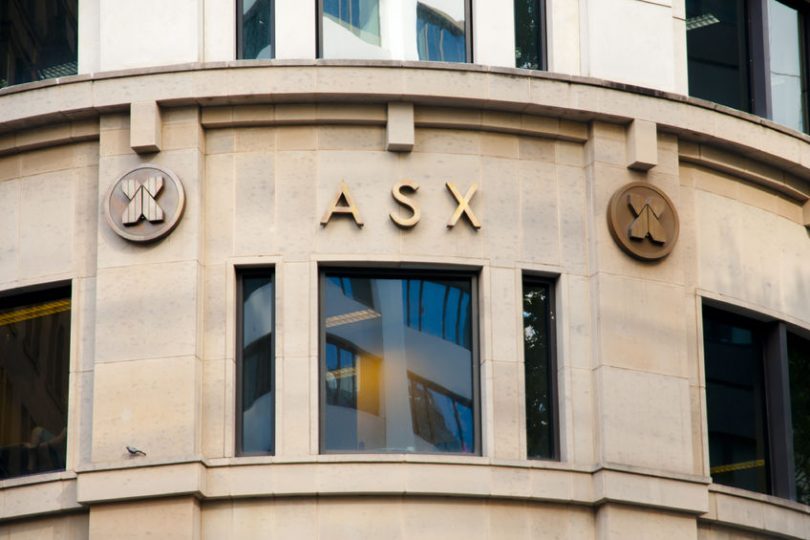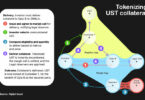Today the Australian Securities Exchange (ASX) announced it is delaying the switch to a new version of its clearing system, CHESS. For three years ASX has been working on a new Distributed Ledger Technology (DLT) version of CHESS with Digital Asset Holdings. Based on feedback following a consultation phase, the earliest launch date was pushed from Q4 2020 to March/April 2021.
Ledger Insights outlined details about the project elsewhere.
The new system aims to improve record keeping by sharing data, thereby reducing risk, cost, and complexity. It should reduce the need for reconciliation and speed up transactions.
The latest consultation aimed to find out if there were any important business requirements missed. Additionally, it gathered feedback on the testing, migration and launch strategy. Finally, it intended to discover what additional information participants needed. In the latter case, the response was that participants want quite a bit more detailed information.
What’s being delayed?
The timing of the ASX side of the build and test is unchanged.
The April 2018 consultation document was not the first one and included several new pieces of functionality. Seven of those are deferred until after launch, and they added one new requirement for Day 1.
It seems that the new scope items, and perhaps lack of detailed information, were the primary drivers of the delay.
User development and testing are now six months longer, and industry-wide trials are delayed by six months. The mandatory accreditation window is extended by six months.
Other consultation highlights
The majority of respondents supported a single cutover weekend for going live, though several highlighted the risks involved.
With regards to documentation, a large proportion asked for earlier access to system documentation and more time between the release of documentation and testing. The ASX is complying with these requests.
Finally, respondents appreciated the open collaborative approach and requested regular communication going forward.






